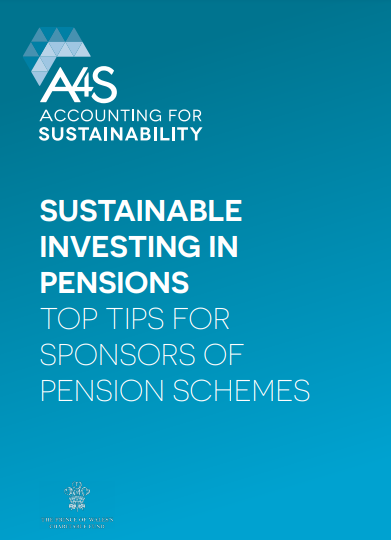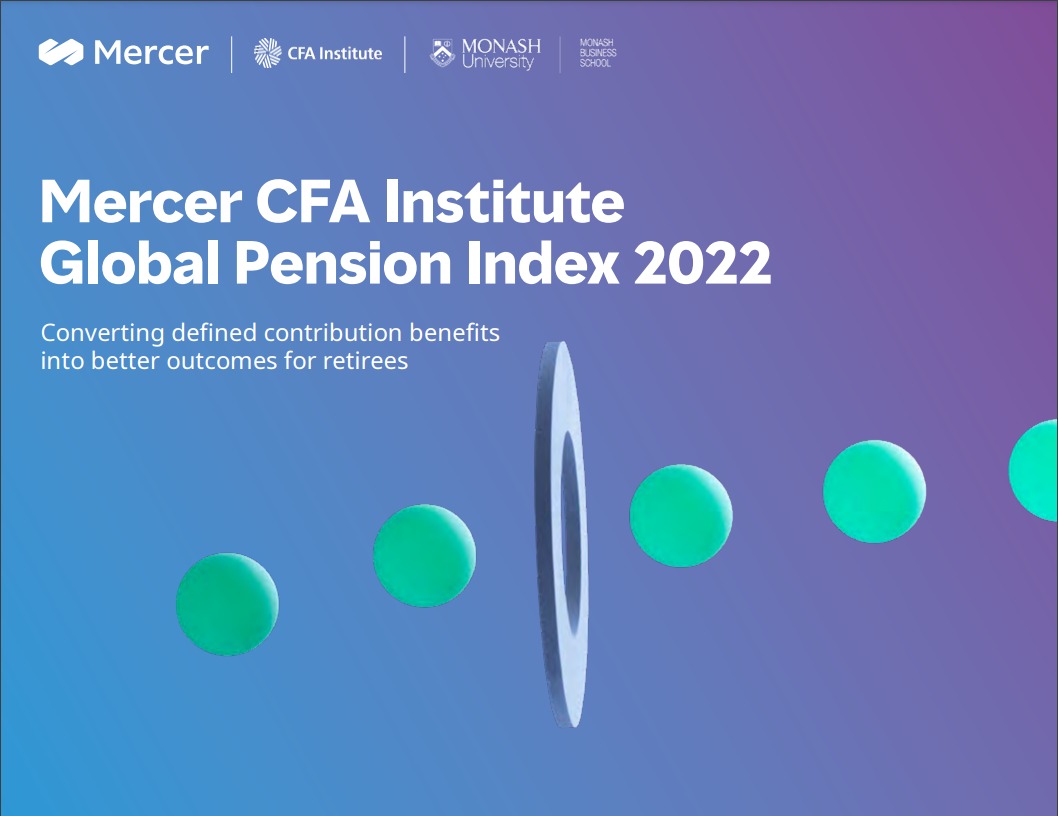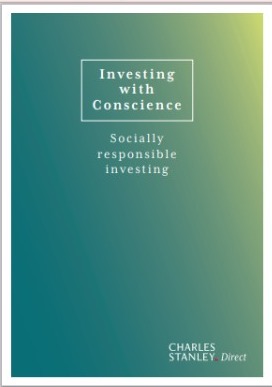Considerations on ESG Investment Implementation
By Laura T. Starks Although interest in investing according to environmental, social, and corporate governance (ESG) standards is widespread, investment managers face a number of basic considerations with their portfolio choices. In this article, I give a high-level overview of these considerations within the context of the investor motivation: ESG values, ESG value, or both. These considerations include whether investors should exclude certain firms or use a positive tilt; how they could integrate ESG into an investment approach; the role...










